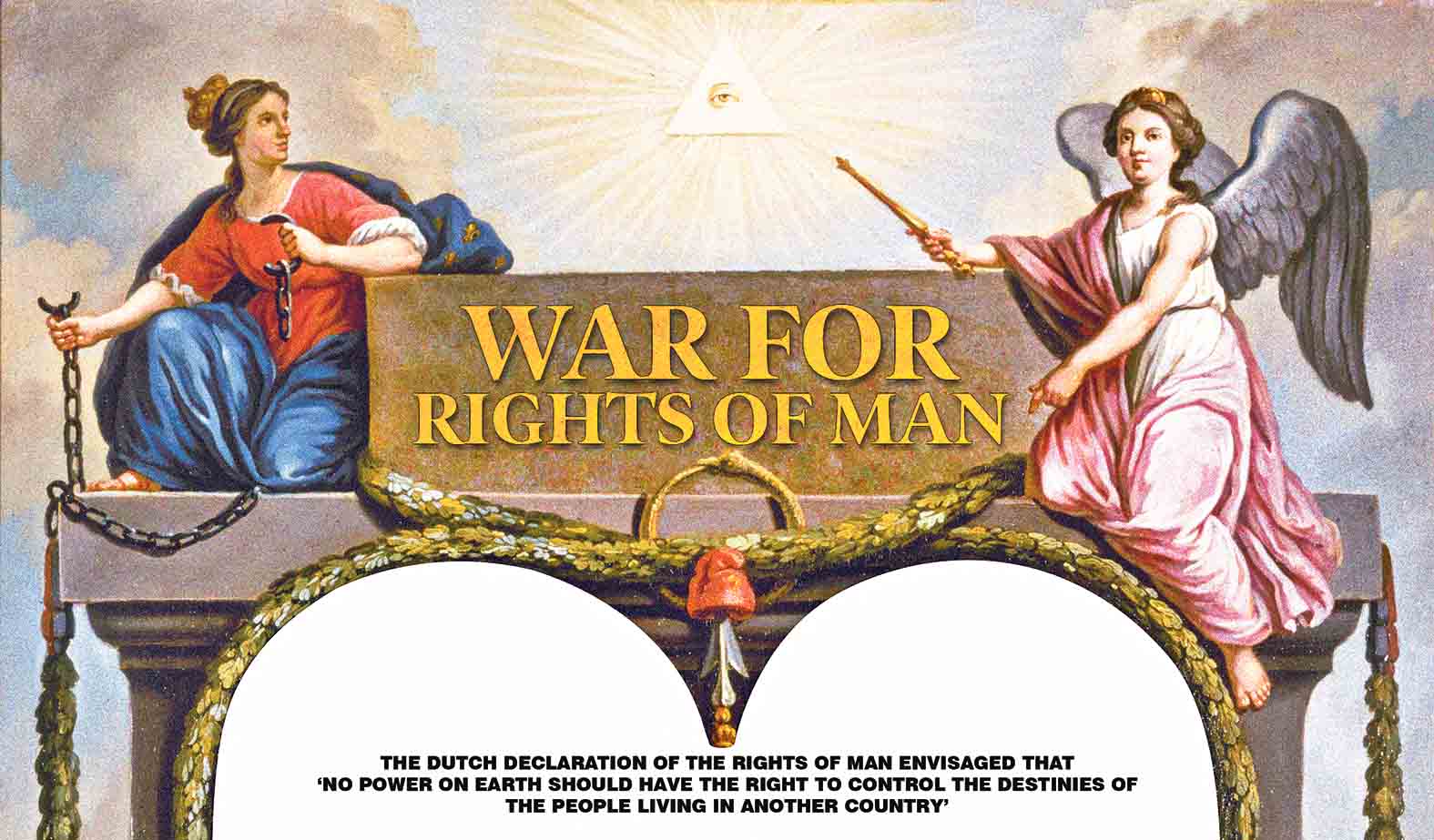Editorial: Robust institutions matter
Without inclusive institutions, sustainable growth is impossible, as the Nobel Prize in Economics stresses

Why are some nations rich while others remain poor? This is a question that has bedevilled leading thinkers for centuries. The answer lies not in geography, climate or culture but in the way countries create and nurture economic and political institutions that allow virtuous circles of innovation, expansion and prosperity. This year’s Nobel Prize winners in Economics — Daron Acemoglu, Simon Johnson and James Robinson — are strong advocates of this theory. In fact, their extensive body of work deals with the issue of economic disparities among the nations and the reasons behind it. Interestingly, all three economists are first-generation immigrants — Acemoglu is from Turkey while Johnson and Robinson are from the United Kingdom — now associated with American universities. Their work highlights how differences in institutions like the rule of law and the right to property can explain the disparity between rich countries and poor countries. They have demonstrated the importance of societal institutions for a country’s prosperity. There is strong reason to believe that institutional differences in countries can explain the difference in prosperity levels. The developed world has a common thread in the form of political and economic structures. The two main takeaways from their body of work are the importance of a democratic set-up and the creation of the right institutions that foster investment. Democracies definitely work better, as there are free elections and while different parties may have varied motivations, one needs to perform in order to get back to power. Hence institutions would necessarily have to be built.
The Nobel laureates’ research helps us understand why societies with a poor rule of law and institutions that exploit the population do not generate growth or change for the better. While they do not provide specific solutions, an important takeaway can be that unless there are democratic regimes which foster the building of strong institutions, growth across countries will remain lopsided. Countries escape poverty only when they have appropriate economic and political institutions and a strong legal system where there are transparent laws relating to doing business, covering taxes, trade and commerce. Such institutions will take shape only when there is an open pluralistic political system with competition for political office, a widespread electorate and openness to new political leaders. This intimate connection between political and economic institutions is at the heart of the major contributions from the three renowned economists. Their studies show that authoritarian institutions like the ones that drive growth in China today are bound to run out of steam. Without inclusive institutions, sustainable growth is impossible, because only a truly free society can foster genuine innovation. Inclusive economic institutions allow and encourage participation by the great mass of people in economic activities that make best use of their talents and skills and enable individuals to make the choices they wish.
Related News
-
Save future of Telangana NEET PG aspirants, IMA writes to CM Revanth Reddy
40 mins ago -
Telangana techie loses Rs 4.15 lakh to online gold trading fraud
1 hour ago -
Hyderabad: Couple working as house help at doctor’s residence held for theft
1 hour ago -
Hyderabad auto driver foils attempt to kidnap young woman, five held
2 hours ago -
Haiti gang attack on journalists covering hospital reopening leaves 2 dead, several wounded
3 hours ago -
21 dead as Mozambique erupts in violence after election court ruling
4 hours ago -
Cartoon Today on December 25, 2024
11 hours ago -
Sandhya Theatre stampede case: Allu Arjun questioned for 3 hours by Chikkadpallly police
12 hours ago




